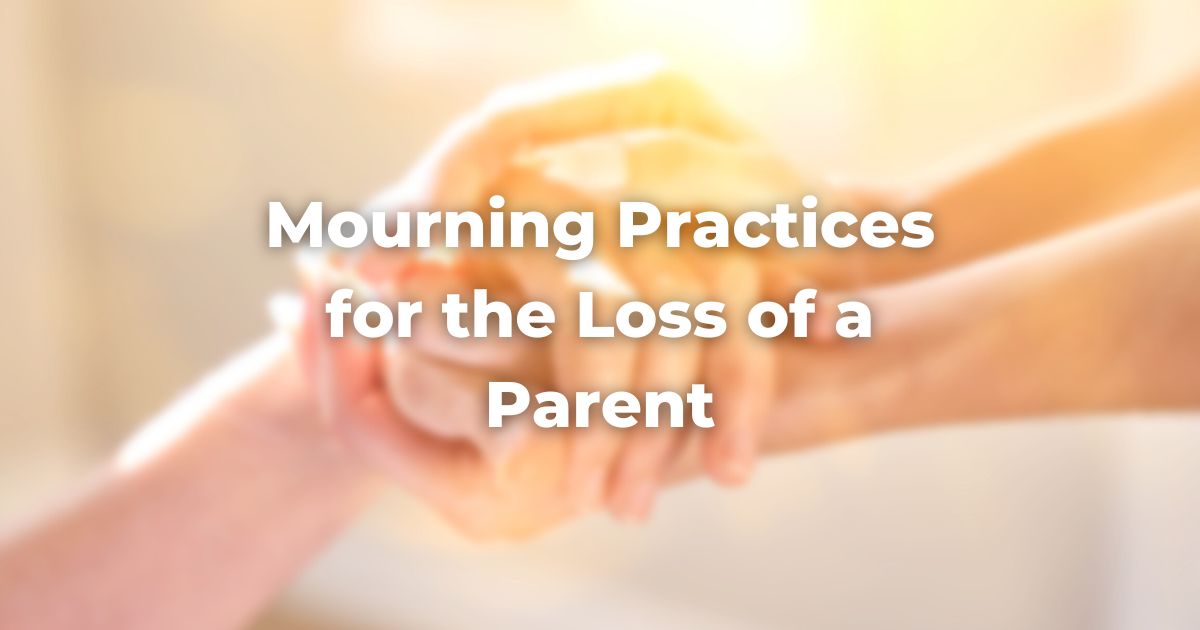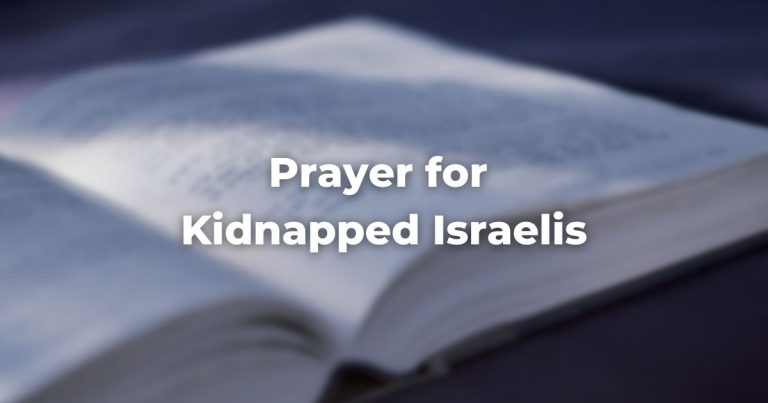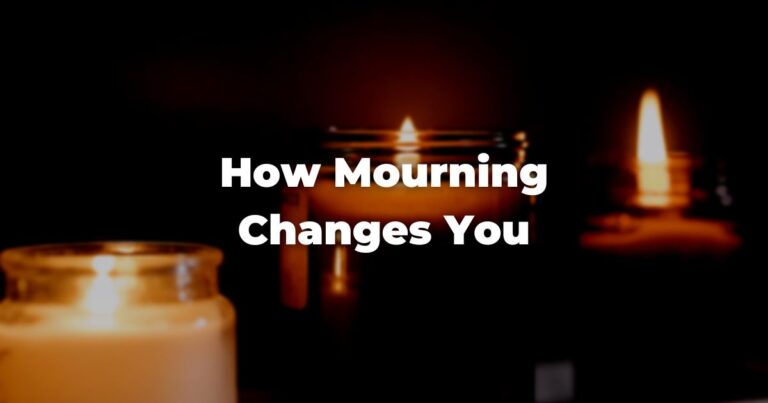The period of mourning for one’s parents is a full twelve months, counted from the day of interment.
Unlike shivah (shiva) and shloshim, however, part of a day does not count as the full day for the termination of the twelve months.
The rules are similar to the ones that pertain to shloshim observance for siblings, children, and spouses.
The restrictions for haircuts and shaving are lifted after shloshim as soon as one is chided by another for looking unkempt (Shulchan Arukh, Yoreh Deah 390:4).
Attending parties with music and dancing, social events with music, concerts, movies, or plays is not permitted. However, one may get married during the mourning year for a parent if there are compelling reasons not to defer the ceremony.
Alone among the customs that pertain to the year of mourning, the Mourner’s Kaddish is only recited by people mourning their parents for eleven months.
The custom of reciting Kaddish for only eleven months pertains even in a leap year which has thirteen months, as do the twelve month restrictions.
In such a year, then, there will be a month between the end of Kaddish and the end of the twelve months of mourning, then another month between the end of those restrictions and the first anniversary of death.
The point of stopping the recitation of Kaddish a month early has to do with the popular understanding of Kaddish as a kind of intercessory prayer for the deceased.
Since it was deemed vaguely insulting to the memory of one’s parents to assume that they would require every last prayer possible to be recited on their behalf, the custom was to recite Kaddish for only eleven of the twelve months.
A responsum by Rabbi Richard Plavin and Mayer Rabinowitz recommending the original custom of reciting Kaddish for twelve months after the death of a parent was approved by the CJLS in 2008 and is available to the public on the website of the Rabbinical Assembly.
Stepchildren and adopted children may recite Kaddish for their step-or adoptive parents.
If a deceased individual leaves behind no children, or if it is impossible for children to recite the Kaddish for their late parent or if they are unwilling to do so, the question sometimes arises if it is appropriate for another to take on the obligation of reciting the Kaddish.
The answer is that, although it is permitted to recite Kaddish for someone other than a close relative, this custom should not be encouraged.
In the end, saying Kaddish serves a deeply therapeutic function for the mourner.
Knowing that a good friend, either of the mourner or of the deceased, is saying Kaddish can serve that function only slightly. Paying a stranger to say Kaddish for a parent cannot serve that function at all.
Whenever possible, the mourner should go to the synagogue to say Kaddish.
Adapted with permission from The Observant Life.
Authors
-

-



The Observant Life: The Wisdom of Conservative Judaism for Contemporary Jews distills a century of thoughtful inquiry into the most profound of all Jewish questions: how to suffuse life with timeless values, how to remain loyal to the covenant that binds the Jewish people and the God of Israel, and how to embrace the law while retaining an abiding sense of fidelity to one’s own moral path in life. Written in a multiplicity of voices inspired by a common vision, the authors of The Observant Life explain what it means in the ultimate sense to live a Jewish life, and to live it honestly, morally, and purposefully. The work is a comprehensive guide to life in the 21st Century. Chapters on Jewish rituals including prayer, holiday, life cycle events and Jewish ethics such as citizenship, slander, taxes, wills, the courts, the work place and so much more.
View all posts





